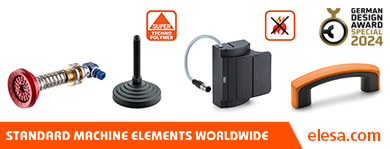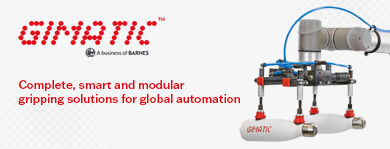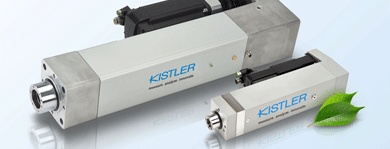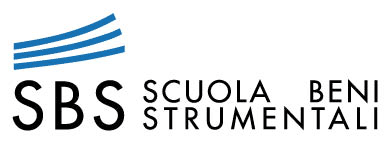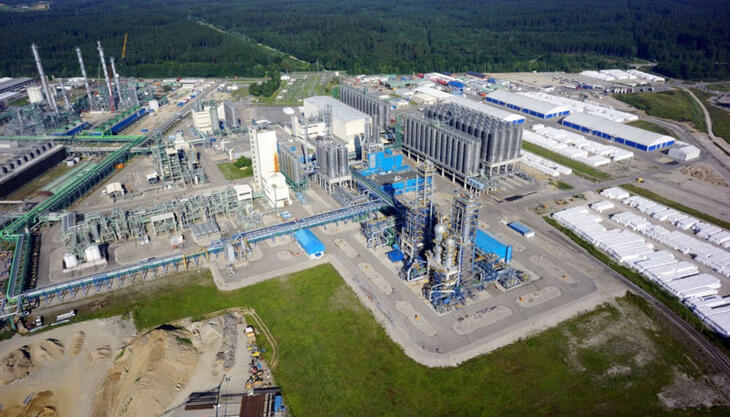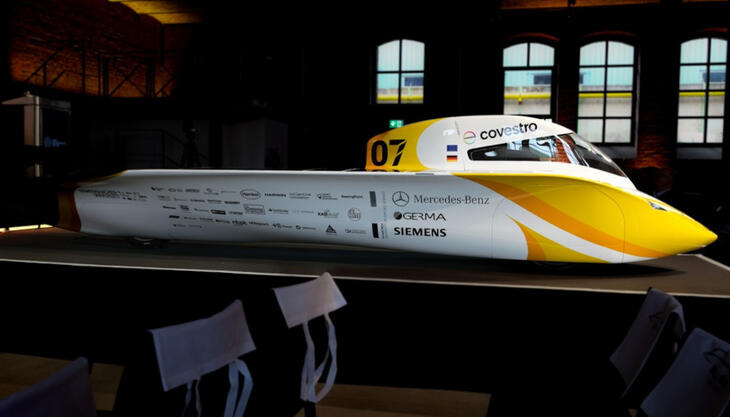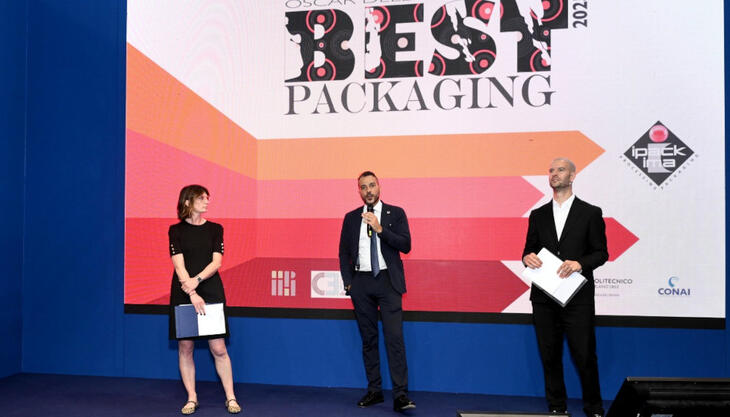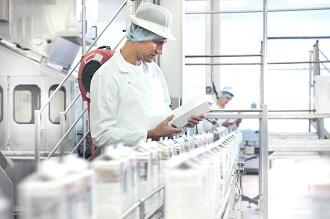
There is increased pressure from consumers, retailers, brand owners, regulators and governments on today’s packaging use. This is particularly the case when it comes to helping to reduce waste in the global food supply, while still complying with ever more stringent regulations around food safety. Brand owners are looking for new packaging solutions that also speak to consumer expectations with distinctive designs. Today’s packaging manufacturers are not only faced with answering these challenges but also required to help reduce weight and cost by lowering cycle times, downgauging and minimizing waste.
In its continuous efforts to meet customer needs and support the growth and development of a circular economy, SABIC adapted its processes to the use of renewable and recycled feedstock. This has resulted in the creation of durable, recyclable product design solutions for customers in the packaging industry. SABIC is the first in the industry that has already committed to scaling up on high-quality recycling processes for chemical recycling of mixed plastic waste, which takes it back to the original polymer. Recycled plastic feedstock reduces the dependency on fossil-based resources and the final certified circular polymers present no compromise on product packaging safety. This also means that there are no modifications necessary to the production process. Recycled plastic feedstock has a lower carbon footprint when compared to fossil-based alternatives and can be recycled. The polymers are certified through the International Sustainability and Carbon Certification plus (ISCC+) scheme that certifies circular content and standards across the value chain from source to end product. Certified circular polymers will help SABIC’s customers to meet consumer demand for more sustainable products and will contribute to closing the loop on reutilizing plastic waste.
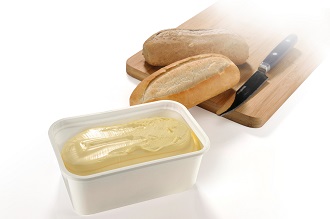 Next to the chemical recycling, SABIC offers certified bio-renewable polyethylene (PE) and polypropylene (PP) based on renewable feedstock sources that are not in direct competition with the food chain. In other words, the waste fats and oils are used to create these products do not need arable land that would otherwise be used for farming. This is why these products are considered “second generation” renewable. Even better, these bio-renewable polyolefins aim to reduce the use of fossil feedstock for production of polyolefins by 84% and are fully recyclable.
Next to the chemical recycling, SABIC offers certified bio-renewable polyethylene (PE) and polypropylene (PP) based on renewable feedstock sources that are not in direct competition with the food chain. In other words, the waste fats and oils are used to create these products do not need arable land that would otherwise be used for farming. This is why these products are considered “second generation” renewable. Even better, these bio-renewable polyolefins aim to reduce the use of fossil feedstock for production of polyolefins by 84% and are fully recyclable.
SABIC offers an extensive portfolio of phthalate-free polypropylene (PP) impact copolymer solutions for thin wall packaging applications such as containers, caps and closures in rigid packaging, as well as for consumer goods. For example, the SABIC FLOWPACT impact copolymer family is part of the next-generation wave of products for rigid packaging, offering downgauging, faster processing and considerably higher top-load strength when compared to standard PP materials. This in turn improves stackability, providing better economics in transportation and storage.
To see examples of these solutions, visit SABIC at K 2019 in Düsseldorf at stand D42 in Hall 6.







